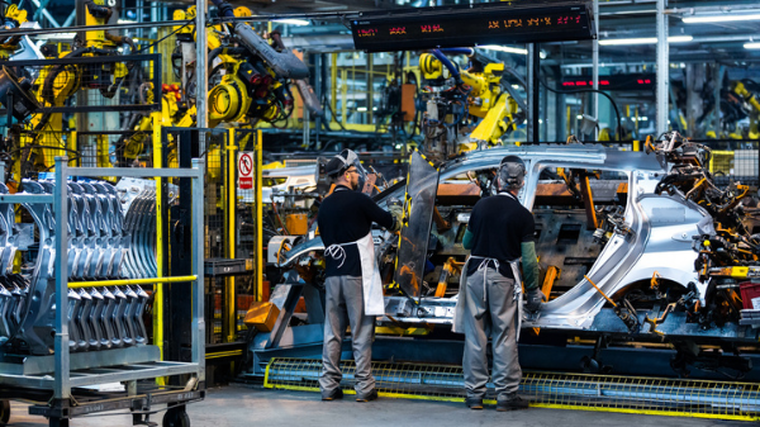Nissan fears factory unsustainable without EU deal

Nissan is warning the biggest car plant in the UK will not be sustainable unless politicians strike a trade deal with the European Union.
The Japanese carmaker employs about 7,000 people at its Sunderland factory where it has built more than 10 million cars since 1986.
Nissan says the production of vehicles in the UK is under threat unless it can secure tariff-free access to the EU.
As the Brexit deadline looms, officials from the UK and EU have yet to agree trade terms that will apply from January 1, reports the Independent.
Ashwani Gupta, Nissan’s chief operating officer, says: “If it happens without any sustainable business case obviously it is not a question of Sunderland or not Sunderland, obviously our UK business will not be sustainable, that's it.
“Having said that, if we are not getting the current tariffs, it’s not our intention but the business will not be sustainable. That's what everybody has to understand.”
Nissan’s Sunderland factory is considered one of Europe's most advanced car plants. A new hybrid model of Nissan’s Qashqai is scheduled to be built there next year alongside Juke and Leaf models.
The UK’s Brexit negotiating team is struggling to reach a deal in Brussels with time running out to secure an agreement before the end of the year.
It means the UK may leave the Europe at the end of 2020 without a deal, which may potentially lead to tariffs and border checks.
Industry alert
The Society of Motor Manufacturers and Traders (SMMT) has also rasied concerns and predicts a “no deal” Brexit could cost the sector £55.4 billion (NZ$106b) in tariffs by 2025.
The industry body says if negotiators fail to reach an agreement it could leave car manufacturers paying World Trade Organisation (WTO) tariffs on parts and vehicles imported and exported into and out of the UK.
It also warns the lack of a deal by January 1, 2021, will undercut carmakers’ ability to develop the next generation of zero-emissions vehicles and may lead to vehicle production falling by two million units over the next five years.
“With scant time left for businesses to prepare for new trading terms, the sooner a deal is done and detail communicated, the less harmful it will be for the sector and its workers,” says the SMMT in a statement.





